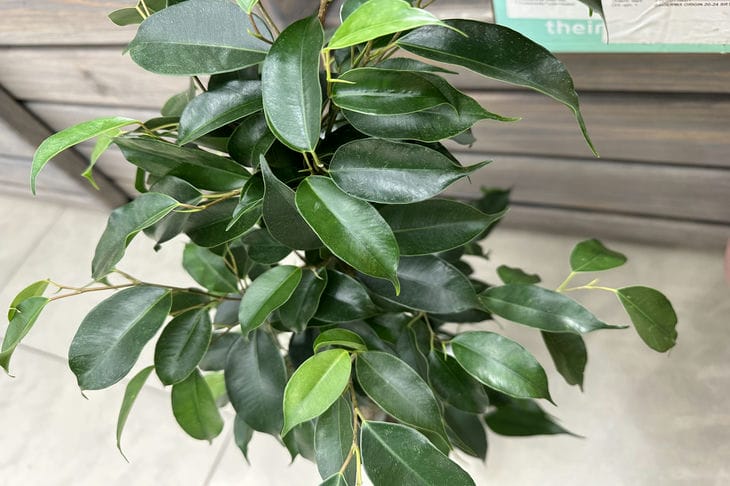Midges in indoor plant pots: how to deal with the problem
Many people may encounter the problem of midges in pots of indoor plants: no one is immune from these unpleasant "guests".
If you don’t start fighting them in time, they can spread to the entire apartment.
Therefore, it is important to choose the correct method of fighting insects, notes landscape designer and agronomist Anastasia Kovrizhnykh , an expert of the online publication BelNovosti.
How to overcome midges
Give them some airing
If we are talking about the cold season, then you just need to ventilate more often. Insects do not like cold air, so they will soon leave your house.
Moisture
But humidity is a "friend" for midges: they feel great. Therefore, during the period of fighting insects, it is worth significantly reducing watering.

Transfer
Often the problem is that you have used obviously poor quality soil. So buy new soil, treat it for pathogens and insects and start replanting.
Potassium permanganate
It is important to remember that potassium permanganate in a weak concentration can be very useful. You just need to treat the plant with the product.
Ammonia
Every seven days it is worth "treating" the plants with a special treatment. To prepare it, ten ml of the preparation is diluted in four glasses of water.
Matches
Many have probably noticed that some housewives have matches in their pots, which are placed in sulfur in the pot. This helps to quickly and efficiently deal with the problem of midges.
Citrus
Not everyone knows that midges do not like the smell of citrus fruits. Therefore, you need to collect a sufficient number of peels, dry them and place them directly on the soil.
Previously, we talked about what you can put in the hole when planting tomatoes to increase the yield .
